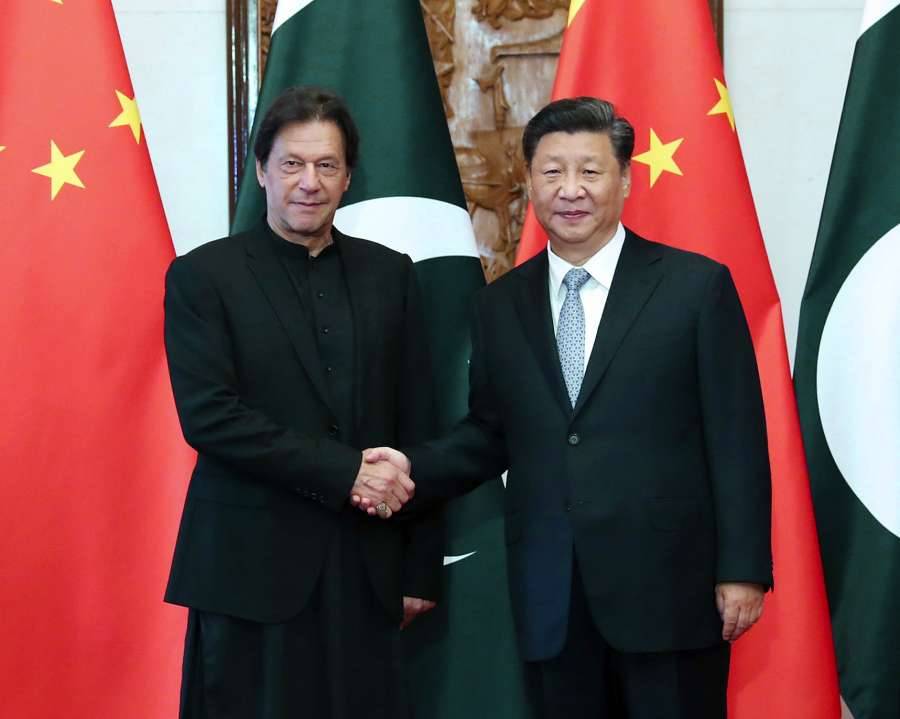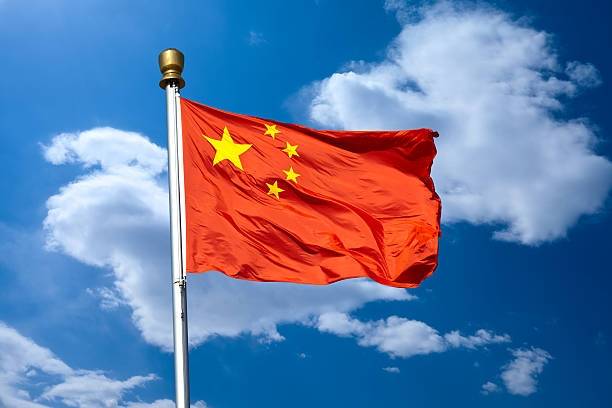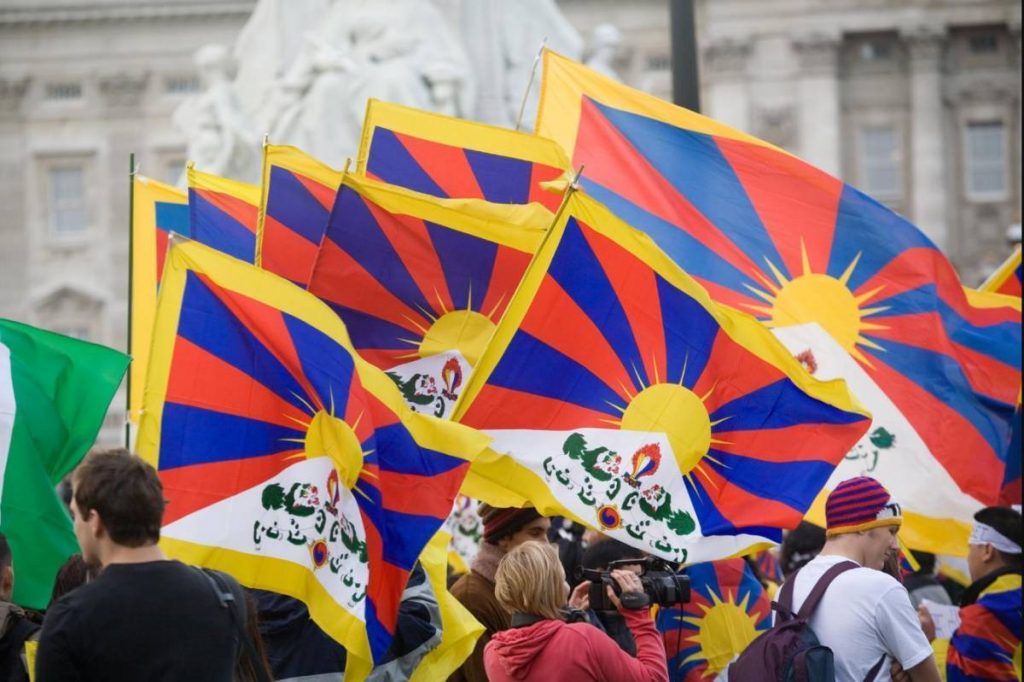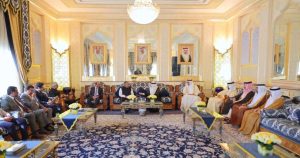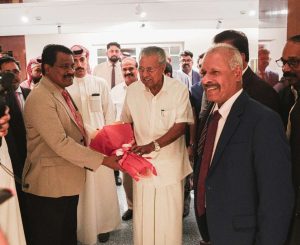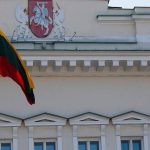The expansion of the China-Pakistan Economic Corridor (CPEC) would depend on how stable Afghanistan is under Taliban rule, reports Mahua Venkatesh
China and Pakistan — after the initial euphoria over the Taliban victory in Afghanistan -– have an immediate challenge: protection of the $60 billion China-Pakistan Economic Corridor (CPEC). And Beijing is primarily dependent on Pakistan for this.
But as the Taliban freed all the all 4000 Tehrik-e-Taliban Pakistan (TTP) fighters, responsible for several killings of civilians and security forces since 2007, besides the ghastly attack at Peshawar Army Public School that left over 130 school children and staff members dead, concerns for Islamabad have risen.
According to Global Times, analysts have warned that the “unrests in Afghanistan could provide a hotbed for terrorists targeting China’s Xinjiang and its interests overseas including the CPEC projects, “where enhanced communication and coordination between China and Pakistan is required to tackle potential threats.”
At a time when China was hoping to expand the CPEC further into Afghanistan, challenges for Pakistan have increased. Expansion of the CPEC would depend on how stable Afghanistan is under Taliban rule. “The far more likely outcome, however, is renewed instability that could threaten Chinese investments in Pakistan under CPEC,” Elizabeth Threlkeld – senior fellow and deputy director of the South Asia Program at the Stimson Center told the Diplomat in an interview.
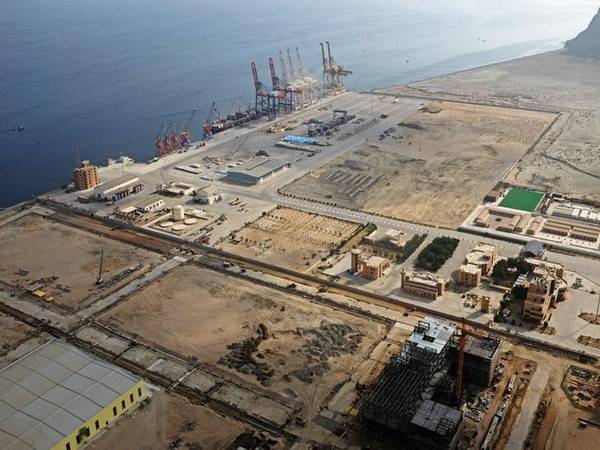
On August 20, a bomb blast in the Gwadar area in Balochistan killed two Pakistani children but was targeted at the Chinese. In July, a bomb blast inside a bus near the Dasu hydropower project killed at least 13 people including nine Chinese nationals. Prior to this, a bomb blast at an upmarket hotel at Quetta stumped China as well as Pakistan. Reports suggested that the attack was targeted at the Chinese ambassador, who was in the city at that time.
While several reports have suggested that Chinese investments into the CPEC projects have been slowing down, the Chinese authorities have denied any deviation from the plan.
“China’s investments into CPEC projects have slowed down in the last few months.. somewhere the Chinese may be realising that they bit much more than they can chew since the results (of the projects) have not been very satisfactory,” Shakti Sinha, Honorary Director Atal Bihari Vajpayee Institute of Policy Research and International Studies, MS University told India Narrative. Sinha pointed out that a successful CPEC would need Afghanistan’s participation.
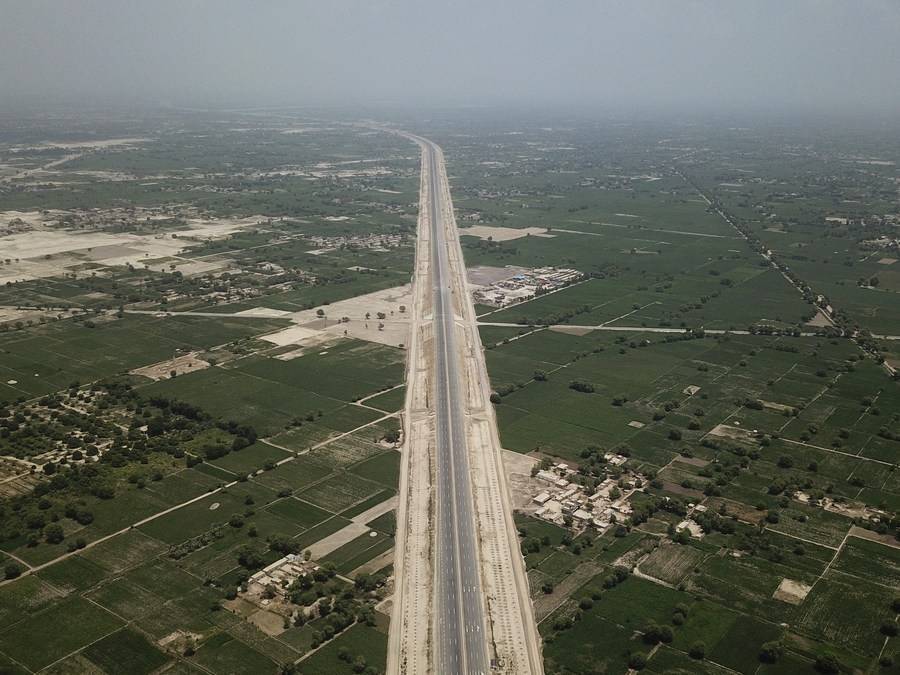
Urdupoint, a Pakistan based Urdu news website said that Pakistan is concerned that Afghanistan since the fall of Kabul to the Taliban may become a source of cross-border terrorism, including against the CPEC project.
According to the website, Sehar Kamran member of Pakistan’s Senate Forum for Policy Research told Sputnik that “Pakistan has a lot at stake, especially with regards to the CPEC.”
China has also expressed its dissatisfaction over the pace of the project. In fact, the sudden and swift dismissal of Lieutenant General (retd) Asim Saleem Bajwa, who was heading the CPEC project, on account of lack of transparency and corruption raised many eyebrows.
However, analysts said that CPEC, described by the jewel in the crown, is a project that is not only associated with Chinese ambition but prestige as well and that Beijing will not abandon it.
“There is no way to suggest that the importance China attaches to CPEC has in any way reduced..I don’t think CPEC will be impacted in any way,” TCA Raghavan former Ambassador to Pakistan said, adding that the project is “an extremely important one” for Beijing.
(The content is being carried under an arrangement with indianarrative.com)

